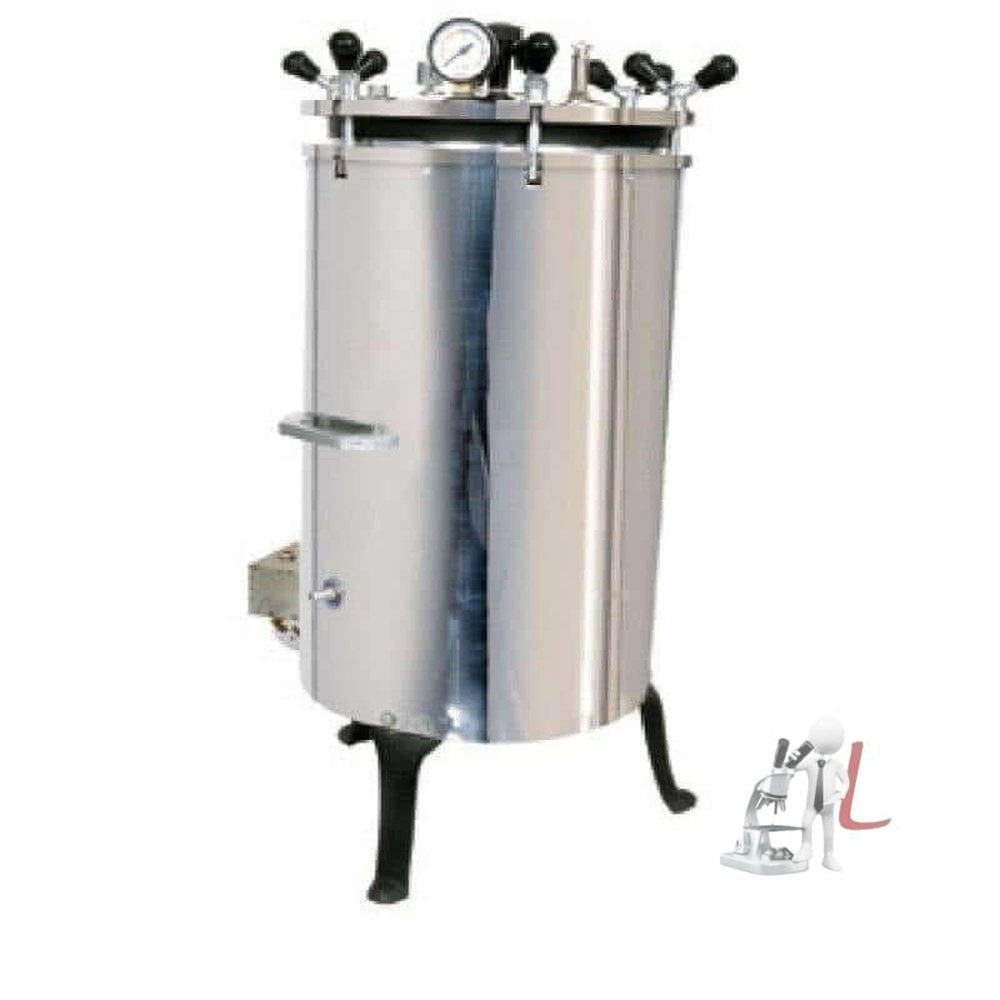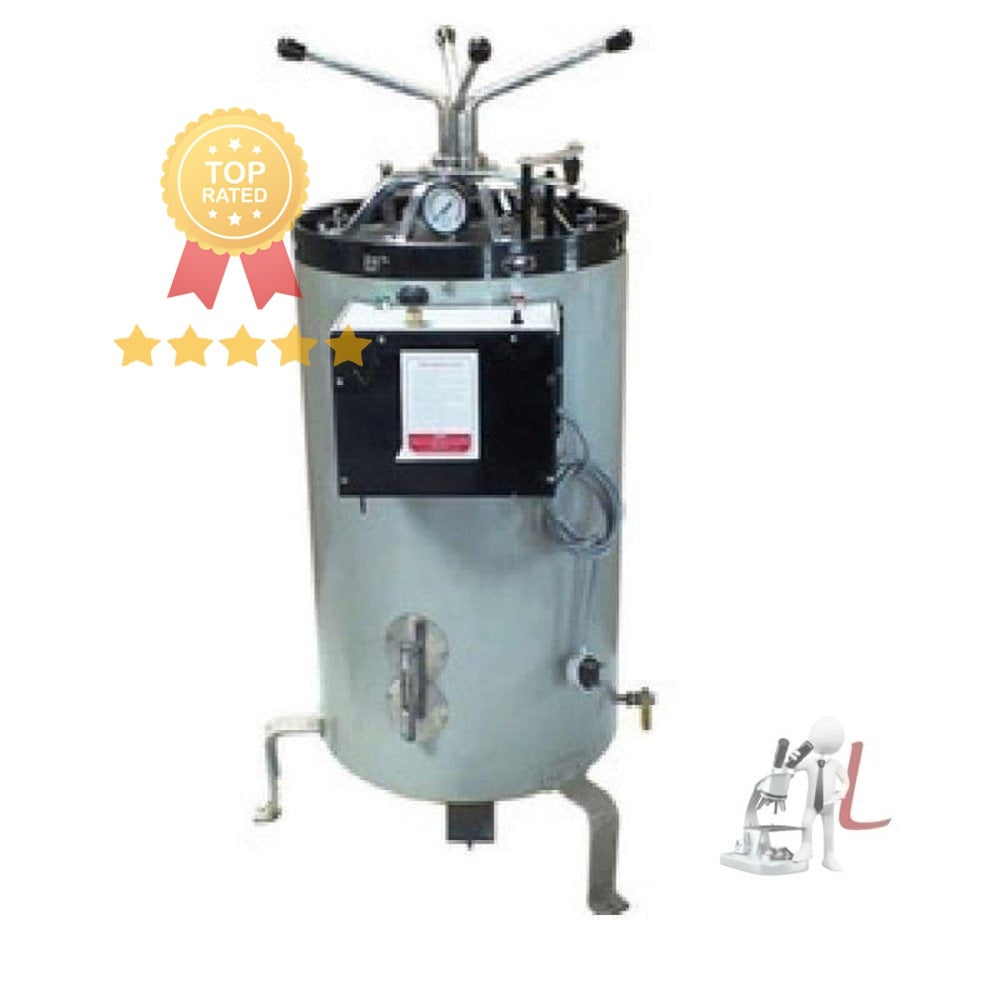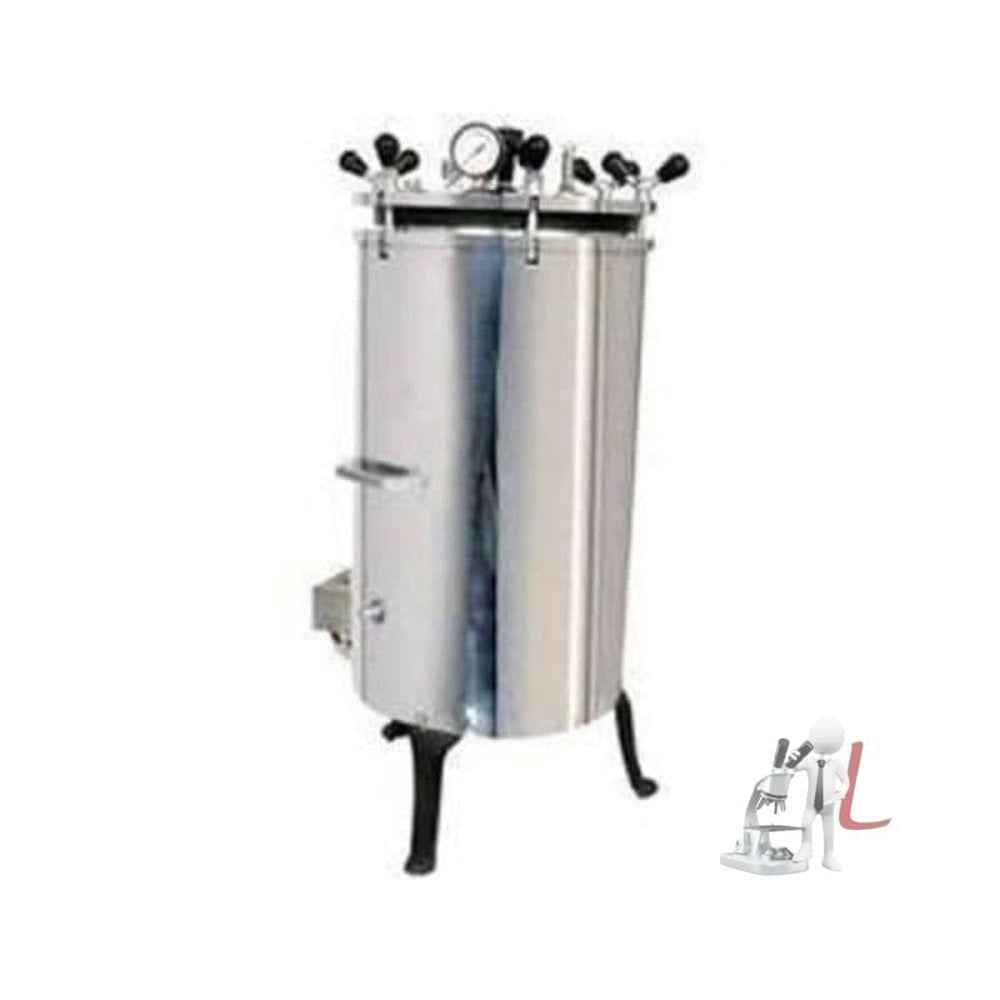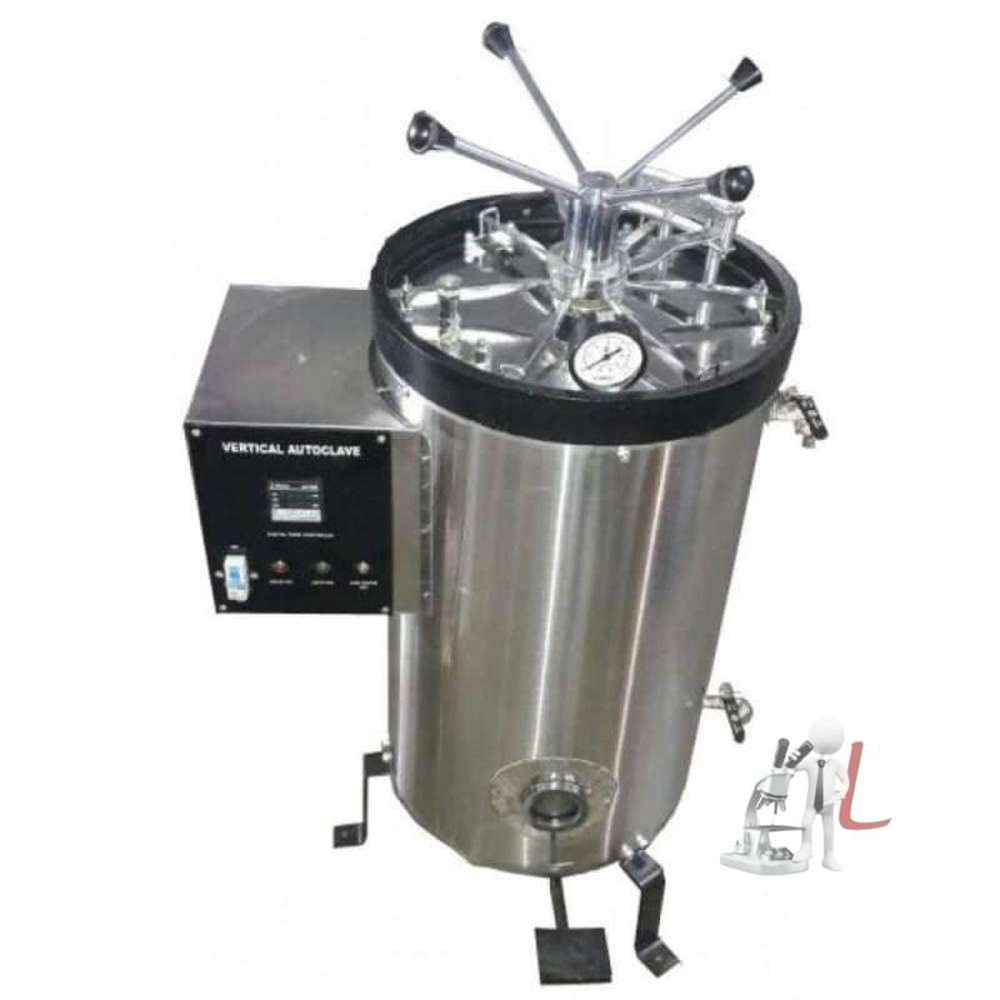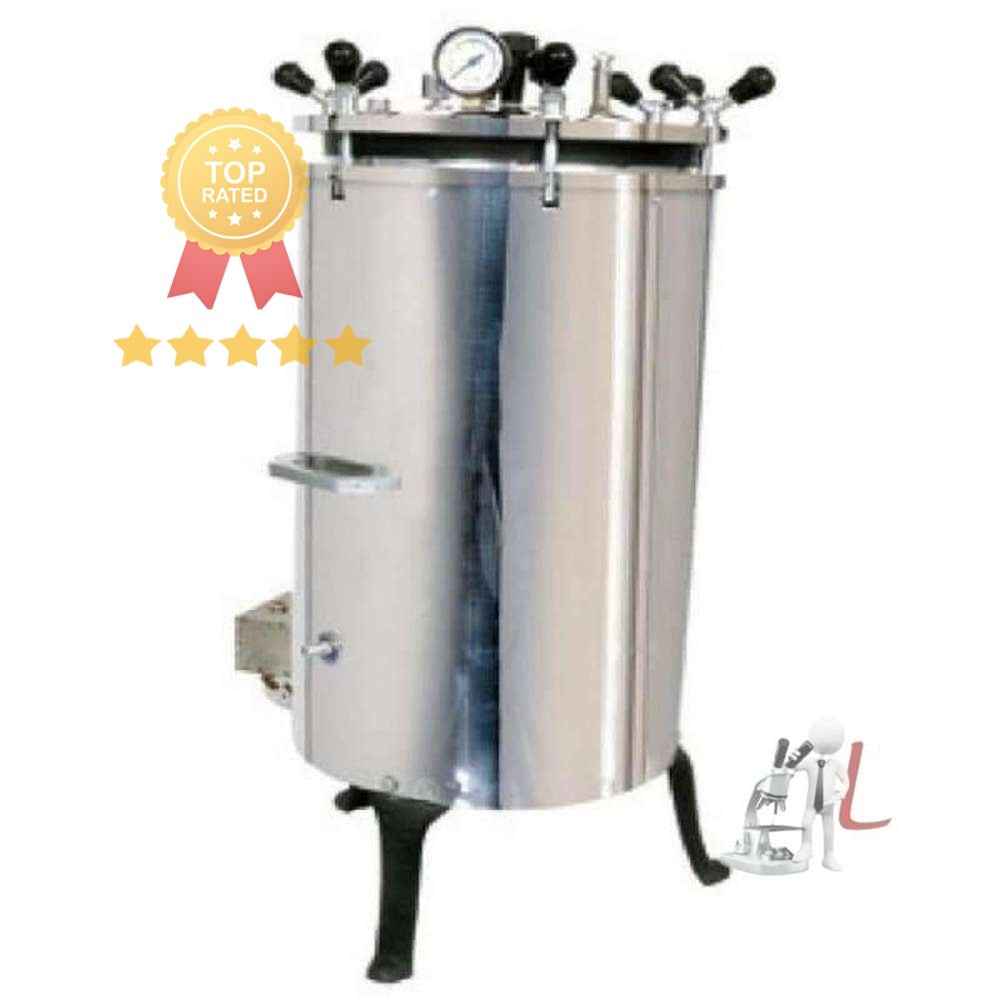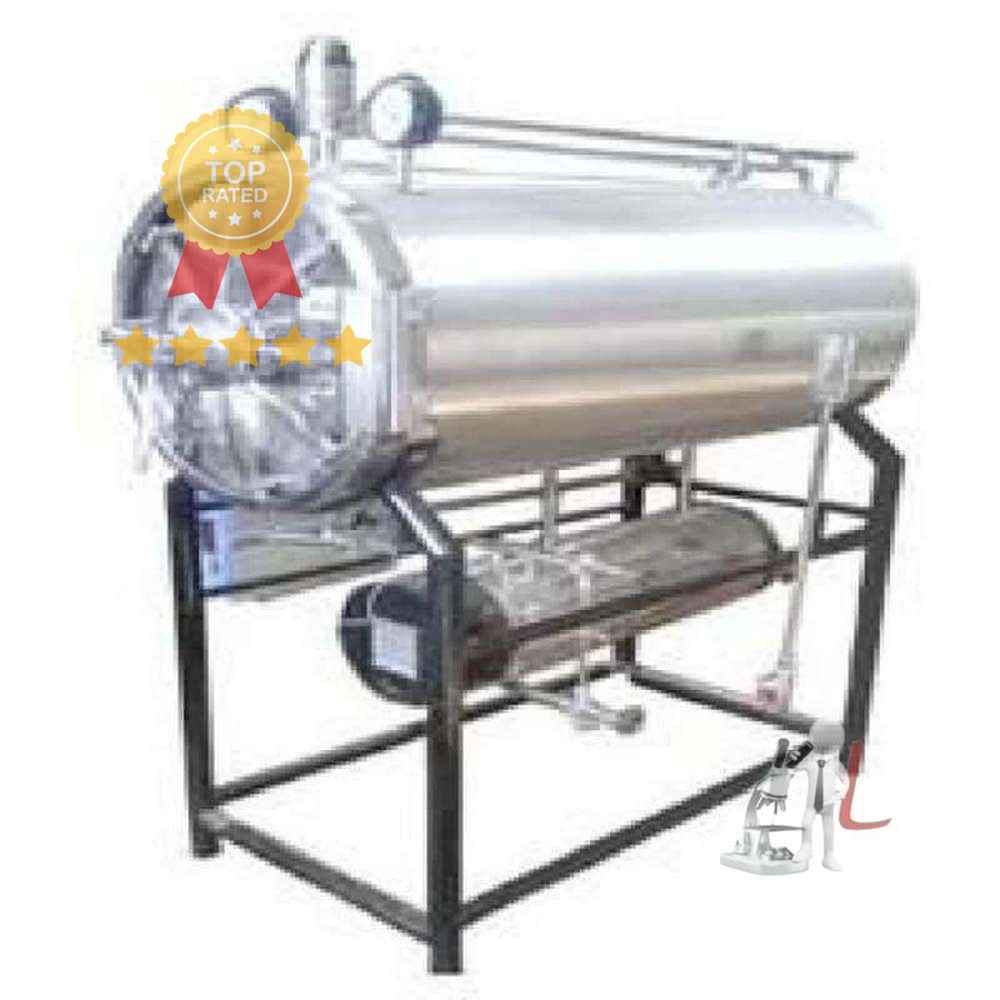dental autoclave cost
Dental autoclave cost is a critical factor for dental practices, clinics, and professionals seeking to maintain high standards of hygiene and patient safety. Autoclaves are essential tools that utilize high-pressure steam to sterilize dental instruments, ensuring that any potentially harmful pathogens are eliminated. The initial investment in a dental autoclave can vary significantly depending on various factors including the model, brand, capacity, and additional features that enhance its functionality. This analysis will delve deeply into the costs associated with purchasing a dental autoclave, the ongoing expenses related to its operation, maintenance, and how to make an informed decision when selecting the right autoclave for your practice.
When considering the dental autoclave cost, one must take into account not only the purchase price but also the long-term operational costs. This includes energy consumption, water usage, and the cost of any regular maintenance required to ensure optimal performance. Economically, investing in a high-quality dental autoclave can lead to cost savings over time, as reliable machines tend to have lower maintenance costs and longer lifespans. Furthermore, the cost of not investing in a properly functioning autoclave could be even higher, resulting in compromised patient safety and potential legal issues.
There are several types of dental autoclaves available on the market, ranging from small tabletop models to larger, more advanced machines that can handle higher volumes of instruments. Each type comes with its own price point, typically influenced by the features and technology that enhance efficiency and ease of use. For example, autoclaves with advanced monitoring systems, automated cycles, and user-friendly interfaces may command a higher price due to the added convenience and reliability they provide.
When assessing dental autoclave cost, it's crucial for practices to also consider the warranty and customer support offered by manufacturers. A good warranty can indicate a manufacturer's confidence in their product and can protect the practice from unexpected repair costs. Additionally, reliable customer support ensures that any questions or issues can be addressed quickly, minimizing downtime.
Moreover, the market offers both new and refurbished dental autoclaves, providing various options for practices on different budgets. While new models might come with the latest technology and straightforward warranties, refurbished units can offer substantial savings and still deliver reliable performance. However, it is vital to purchase refurbished autoclaves from reputable sellers who can guarantee they meet safety standards and are in good working condition.
Operational costs such as energy bills are an ongoing consideration when analyzing the dental autoclave cost. Autoclaves vary in their energy efficiency, and practicing responsible energy consumption can contribute positively to a practice’s operational budget. It would also be beneficial to compare different models on the market to find the most energy-efficient options. Some modern autoclaves utilize advanced heating technology that reduces energy consumption without compromising performance.
Furthermore, regular maintenance can play a crucial role in managing the long-term costs associated with dental autoclaves. Practices should establish a routine maintenance schedule to keep their equipment in prime condition, which will prolong its lifespan and improve overall efficiency. Investing in preventative maintenance can also reduce the risk of catastrophic failures that can lead to expensive repairs or replacements.
Additionally, practices should understand the various sterilization parameters, such as temperature and pressure, that can affect the efficiency and effectiveness of the sterilization process. Ensuring that the autoclave is used correctly according to manufacturer guidelines can significantly reduce operational issues and related costs.
In terms of regulatory compliance, certain jurisdictions require dental practices to adhere to strict sterilization standards. Therefore, investing in a dental autoclave is not just a financial consideration; it also plays an important role in ensuring compliance and protecting the practice's reputation.
Ultimately, understanding the dental autoclave cost requires a comprehensive analysis that accounts for the initial purchase price, operational efficiency, maintenance needs, and potential savings over the long term. Ideal dental autoclaves are reliable, efficient, and come with solid customer support, making them worth the investment. By conducting thorough research and considering various factors, dental practices can find a cost-effective solution that meets their sterilization needs while maintaining a high standard of patient care.
Filter
Sort by

